Foxes Safari Camps take home a gold at the Global Responsible Tourism Awards
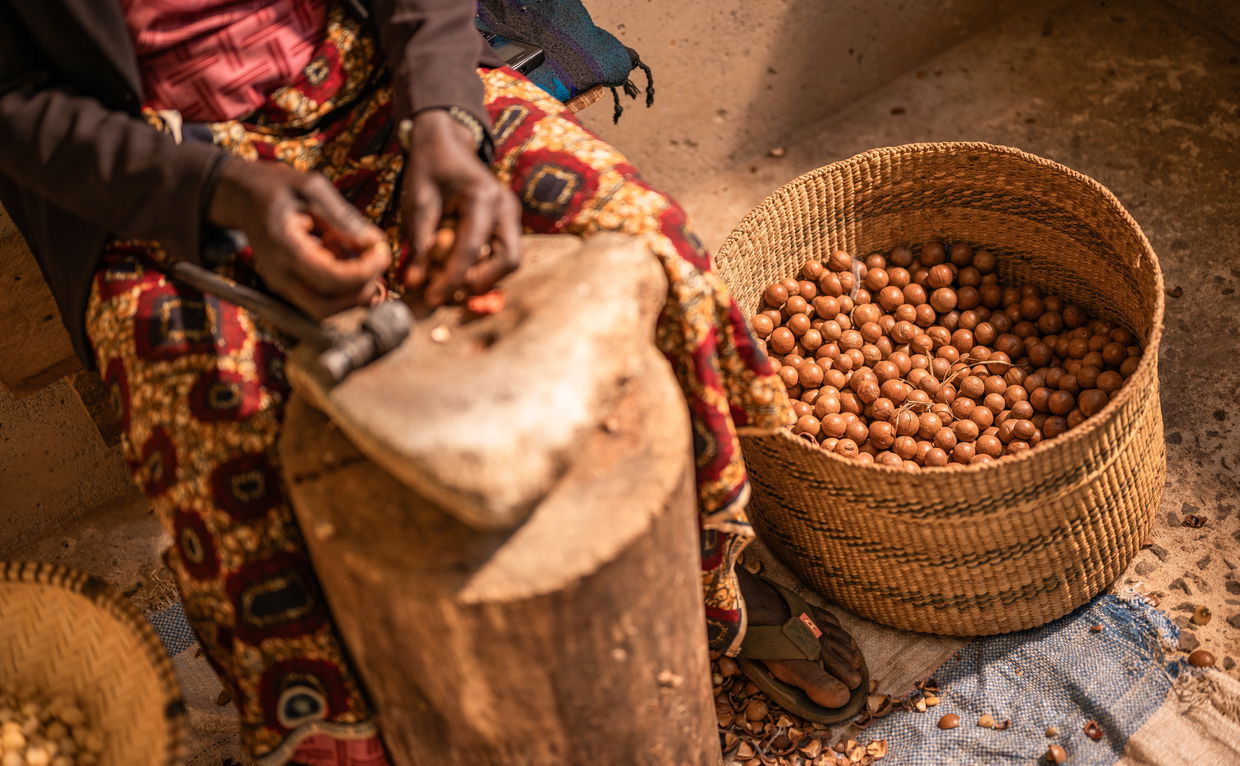
Foxes Safari Camps, a family-owned portfolio of seven camps and lodges across southern and western Tanzania, was awarded a gold in the ‘All-Inclusives Responsible Tourism Award’ category at the Global Responsible Tourism Awards held at the International Centre for Responsible Tourism Global in London on 3 November 2025. To commemorate the win, Foxes Safari Camps launched their newest short film showcasing their circular economy principle, highlighting their farming operations in renewable resources, protecting Africa’s landscapes through conservation, and supporting local communities.
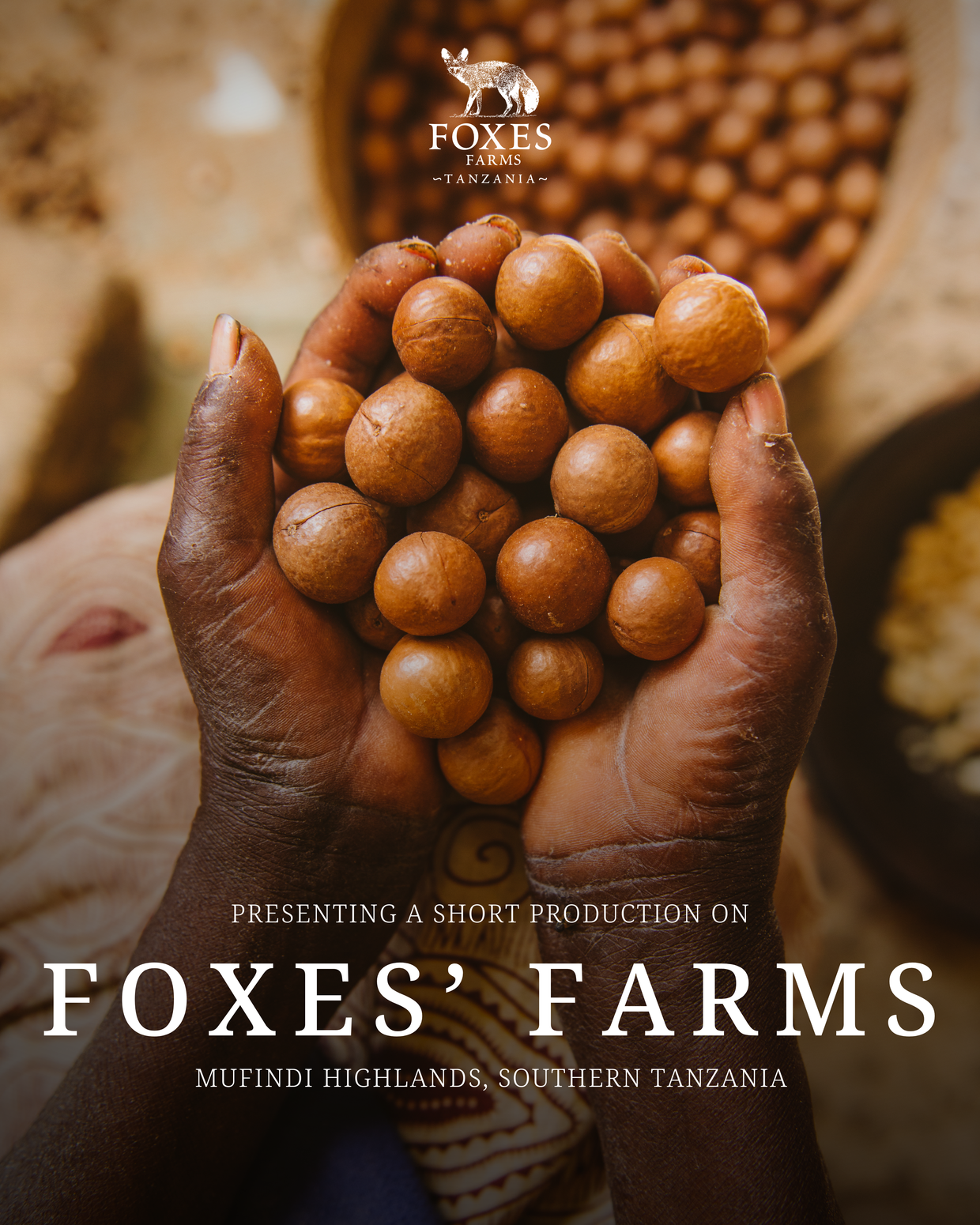
"The people are the company. The community has given us this extraordinary opportunity which has enabled us to pioneer tourism in the southern circuit which we've done through training skills, in guiding, chef training, mechanics in all different departments.“For over four decades, we have lived and breathed sustainability by being self-sufficient by creating our own circular economy, continuing the vision, not because we have to do it but because we want to do it.” – Bruce Fox, Owner and Director, Foxes Safari Camps.
The nomination came after receiving a Gold at the WTM Africa Responsible Tourism Awards for their circular economy model in April 2025 which automatically afforded Foxes Safari Camps an entry into the Global Responsible Tourism Awards in the category, ‘All-Inclusive Responsible Tourism’.
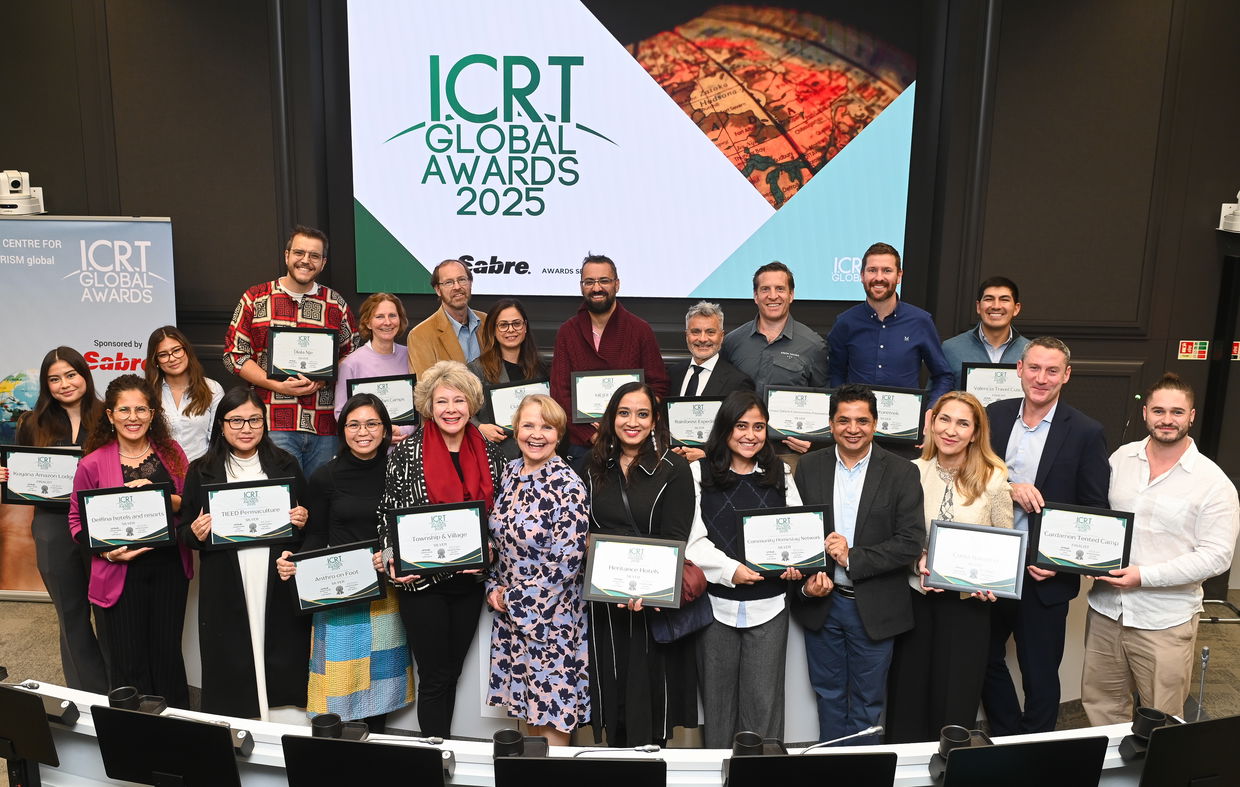
Award winners at the ICRT Global Awards 2025
So this category is for businesses that break that mould, that show an all-inclusive model can:
- Be environmentally responsible
- Create genuine benefit for local people and suppliers
- Minimise waste and emissions
- Offer authentic, culturally respectful experiences
- Provide transparency and ethical operations
The Foxes have 2,880 hectares of farmland in the Mufindi Highlands, dedicated to a diverse range of agriculture and employing over 320 people in the region. From fruit, vegetables, coffee and macadamia nuts, to forestry and furniture production, the farm in Mufindi Highlands supplies food and furniture to the camps and lodges throughout southern and western Tanzania.
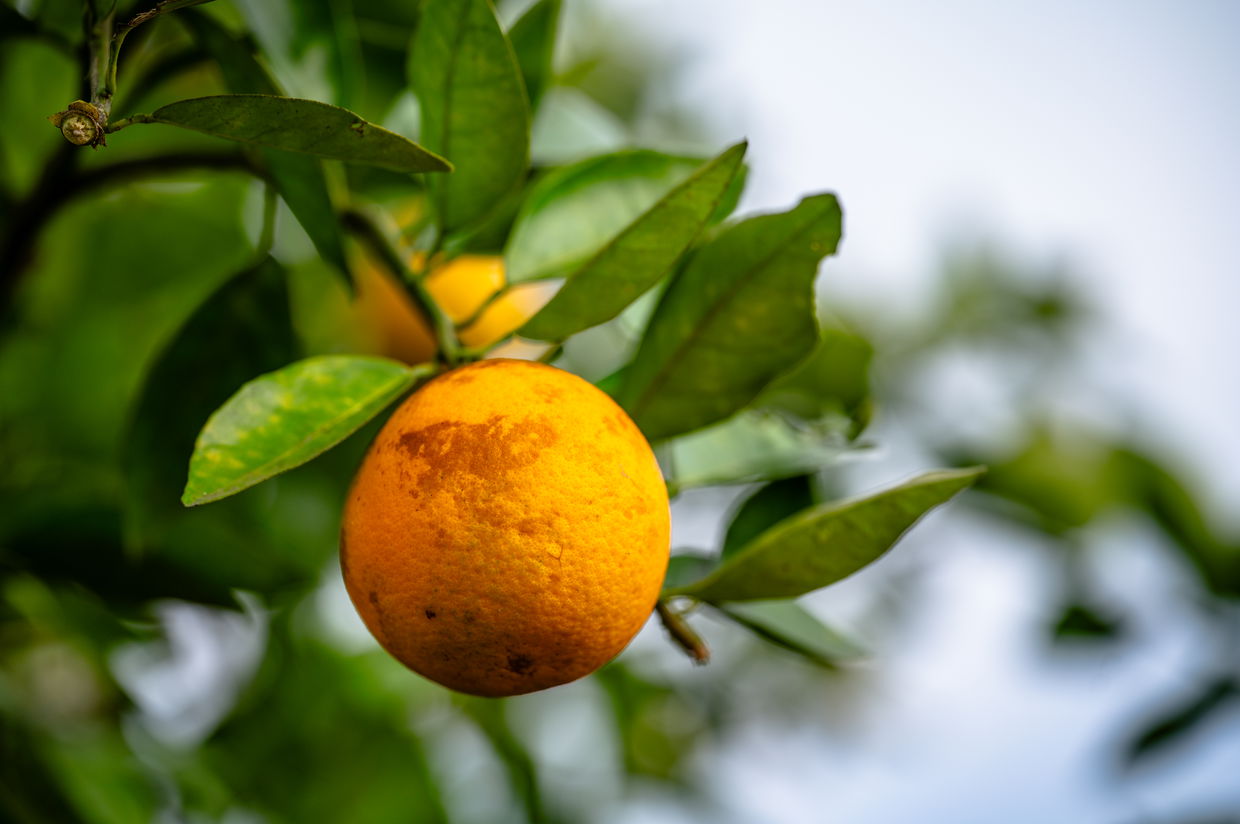
The farm produces:
- 4,500kg coffee annually
- 2,270kg macadamia nuts annually
- 2,240 litres milk monthly
- 210kg cheese monthly
- 32,000 pcs timber and poles for the lodges and camps annually
The awards recognise individuals, destinations, and businesses worldwide that champion environmental, social, and economic sustainability. Hosted by the International Centre for Responsible Tourism (ICRT), a non-profit organisation dedicated to promoting and sharing knowledge on responsible tourism, the awards celebrate efforts to make sustainable tourism the norm.
“Responsible tourism is about making better places for people to live in and visit. As is clear from the 2022 Responsible Tourism Charter there is a wide variety of ways that businesses and destination managers can take responsibility. It is critically important that organisations support any statement of impact with facts. Our sector is still plagued with extravagant claims, we hope that national and EU mis-selling regulations will reduce this over time. All of the Global Responsible Tourism Award winners have explained how they decided what to take responsibility for, what they did and with what impact. Congratulations to them all and we hope they will inspire other organisations to follow in their footsteps.” - Emeritus Professor Harold Goodwin, chair of the judging panel and founder of ICRT global
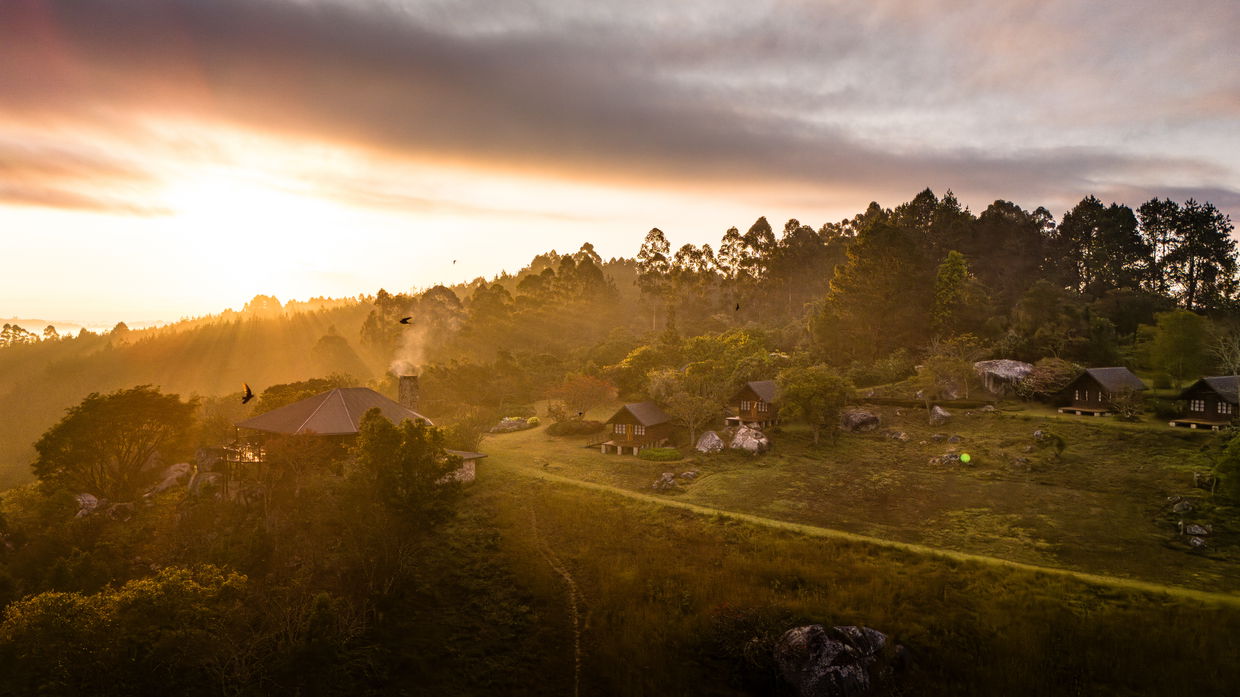
Foxes Safari Camps
Foxes Safari Camps operates on a self-sustaining model developed over four decades of working in some of Tanzania’s most remote regions. The company grows its own food on a family-run farm, constructs furniture and fittings using timber from its own reforestation projects, and produces uniforms and soft furnishings through local tailoring initiatives. All lodges are powered entirely by solar energy, and logistics are managed internally to ensure reliability and reduce environmental impact.
Key initiatives include:
- Community Employment and Decasualisation: They employ over 98% Tanzanians, with 90% from local communities. Staff receive full-time contracts, even during seasonal closures, ensuring job security and consistent income. They have trained and promoted numerous employees who have stayed with them for decades, demonstrating their commitment to career development.
- Circular Economy and Local Sourcing: The Foxes’ Farms supply meat, dairy, fruits, and vegetables to their lodges, while their reforestation efforts have planted over 4 million trees, providing carbon-sequestration and timber for construction. They also produce furniture and game vehicles locally, training artisans and mechanics in the process.
- Support for Charities and Artisans: Foxes Safari Camps collaborate with charities like Neema Crafts and Foxes Community and Wildlife Conservation Trust to source soft furnishings and showcase local artwork. Uniforms are tailored by a disabled craftsman, further supporting marginalised groups.
- Infrastructure Development: Operating in remote regions, they have invested in bush flights that serve both tourists and logistical needs. This integrated approach allows them to efficiently transport supplies, minimising waste and ensuring sustainability.
- Minimising Environmental Impact: Solar power systems have been installed across all lodges, and waste is strictly managed due to logistical challenges and regulatory requirements in national parks. Their farm’s proximity enables precise food supply management, drastically reducing waste.
- Accessible and Trustworthy Tourism: Foxes Safari Camps cater to travellers with diverse needs, including families and differently-abled guests. Centralised management ensures tailored experiences, increasing trust and reducing financial risk for guests.

Foxes Safari Camps’ all-inclusive model was chosen to simplify the complex safari planning process for international guests and operators. By managing all components under one umbrella, they ensure consistent service standards and reliable support for local suppliers and employees. This approach also reduces the risks of unethical practices often associated with fragmented operations.
Additionally, as a family-owned business rooted in Tanzania since the 1950s, they felt a deep responsibility to support local communities. Employing and training our employees provides long-term career opportunities, empowering individuals and fostering economic growth in underserved regions.
Their commitment to sustainability and conservation drives them to go beyond offsetting emissions. Initiatives like reforestation, farm-to-table practices, and carbon-negative operations are integral to their ethos. These efforts reflect their belief that tourism must be a force for good, benefiting the environment, local communities, and travellers alike.
Further Reading
Foxes Safari Camps, a family-owned portfolio of seven camps and lodges across southern and western Tanzania, has been awarded Gold in the ‘Can an All-Inclusive be Responsible?’ category at the 2025 WTM Africa Responsible Tourism Awards, held at the Cape Town International Convention Centre on 10 April.
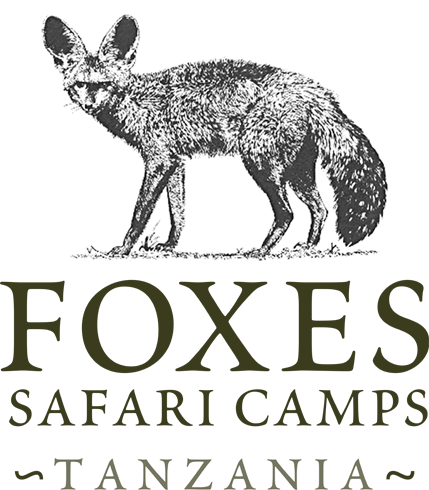

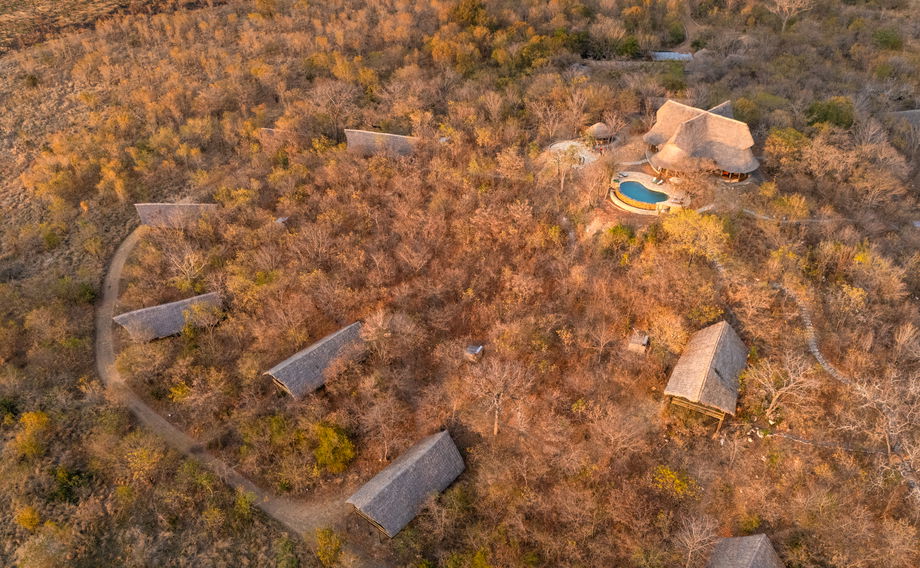
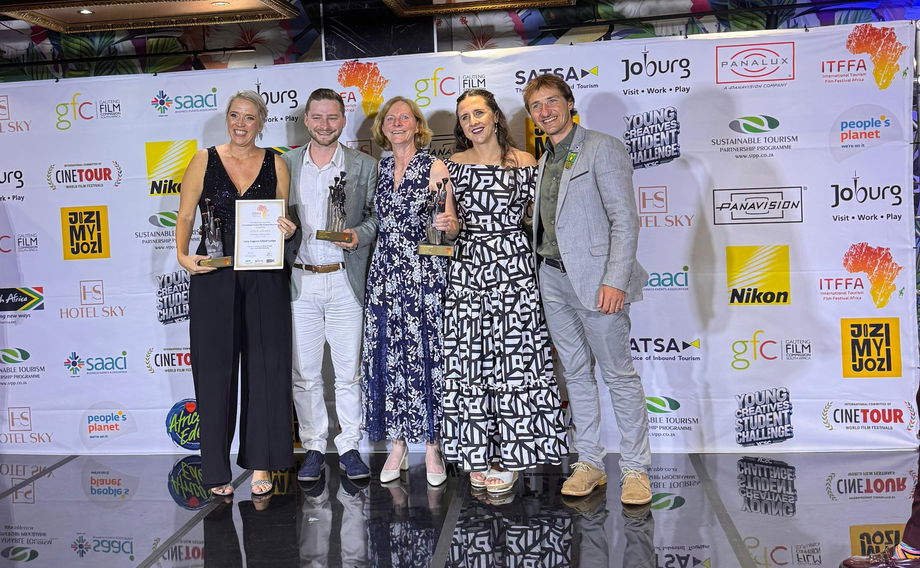
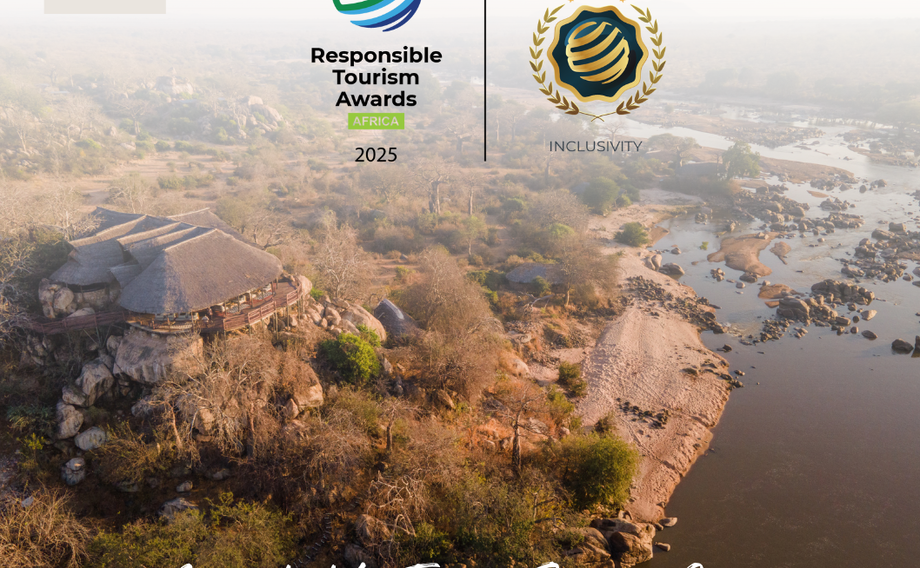
Share This Post